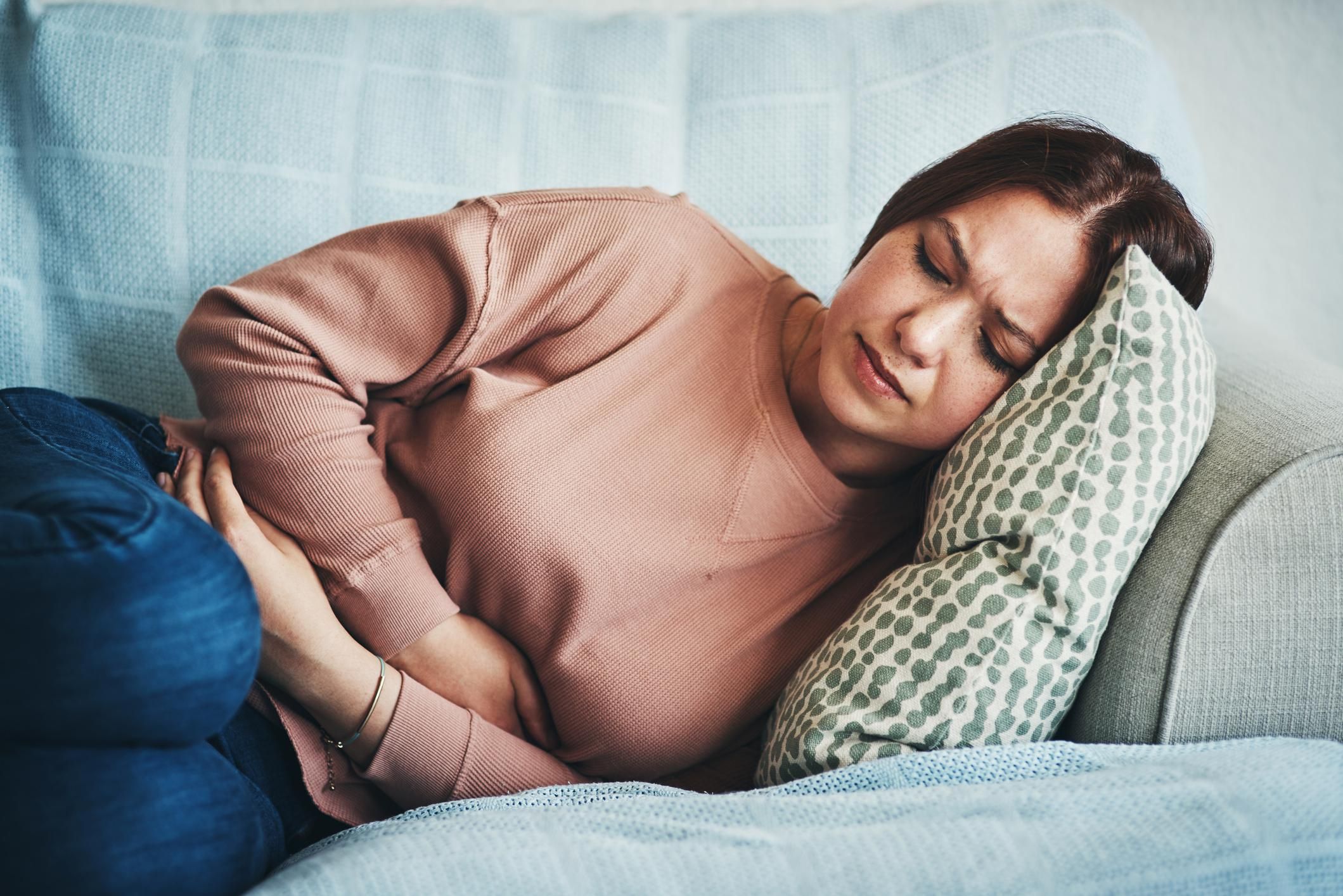Q:
I had endometriosis for years. Now that I'm past menopause, is there any reason I shouldn't use hormone therapy?
A:
If you've had endometriosis for years, then you probably know that it is a condition in which cells from the lining of the uterus—the endometrium—grow outside the uterus. These cells are activated by hormones (estrogen and progesterone) produced by the ovaries in your body. When estrogen is high, the cells are stimulated, causing pain and other symptoms. That's why women with endometriosis find their condition greatly improves once they reach menopause and their body's estrogen production drops.
There are few studies on the effects of supplemental hormones (known as hormone therapy or "HT") after menopause on women previously diagnosed with endometriosis, and the few available focus on women who had surgical menopause (in which the ovaries are removed) or premature menopause (in which the ovaries stop working earlier than normal). Most of these studies show a greater risk of relapse in women who use hormone therapy than in those who don't, although the risk is relatively small (about three percent). The actual risks might be related to the dose of estrogen given; higher doses will increase the risk of recurrence more so than lower doses.
So, bottom line? Talk to your health care professional about your interest in and concern about using HT and about other options for managing any menopause-related or other symptoms you're having. For instance, certain antidepressants can help with hot flashes, while lubricants and targeted hormone therapy (such as vaginal tablets) can help with vaginal dryness. There are also lifestyle options that can make a difference, including something as simple as exercise.


